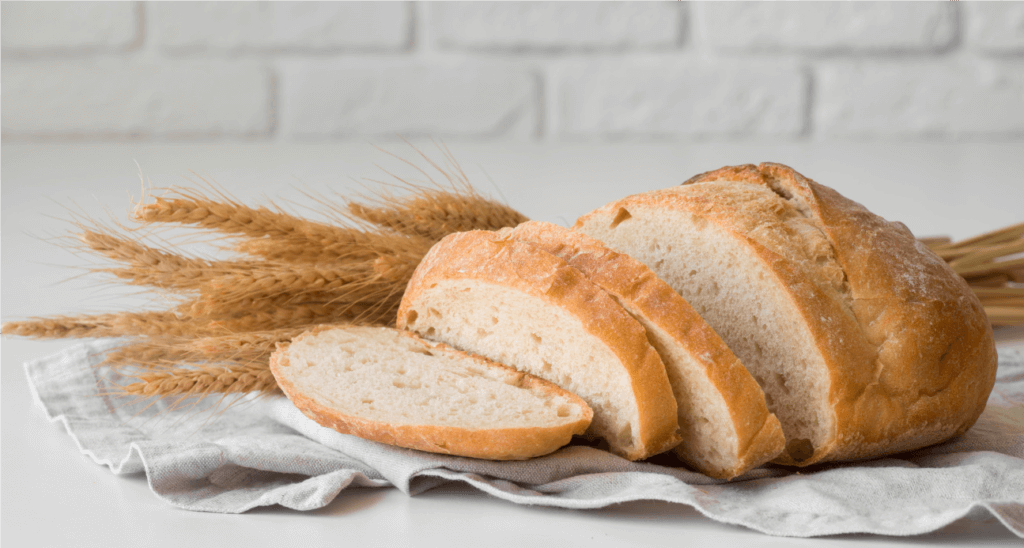
Editorial Manager
When it comes to the industrial production of bread, in order for the final result to be a high quality product that can be sold to an increasingly demanding and vigilant market, importance and attention must be given not only to the raw materials, but also to the methods and technologies used during the production process.
This is why companies which produce bread at the industrial level opt for production lines that ensure high product quality, low time-to-market, and process reliability.
There are various salient aspects to the production process: the choice of primarily natural ingredients, simple and high quality raw materials, and a processing method which respects natural proofing times (24 hours without exception), does not include chemical agents of any kind, and is meticulous about sanitary conditions.
The technologies and methods used today by industrial producers make it possible to produce not only large quantities, but also a wide variety, of high quality bread, which allows large-scale retailers to offer excellent products to consumers at a decidedly lower cost and with an excellent quality-price relationship.
The laboratories within companies which supply these systems continuously perform various kinds of tests, not only as a way to constantly inspect the machines and monitor their performance, verifying how they function when they’re “under the stress” of various kinds of of processing activities, but also in order to try out new “recipes” that are in line with new market trends.


Within the production process, two other fundamental aspects are also given enormous attention and importance: savings and sustainability
For this reason, technology manufacturers not only offer efficient production lines, designed in such a way that each operation (such as cleaning) is easy, safe, fast, and makes it possible to reduce downtime, but also provide clients with consulting support, devising solutions which combine hygiene, costs, time, and a reduction of space in production areas according to the unique characteristics of each individual situation.
Currently a company which provides its technology to a production industry, doesn’t merely supply systems, but also serves as a partner, working in synergy with the client to reduce costs, solve problems, and improve product quality, thus boosting market competitiveness.
Ultimately, the market requires companies to provide total support and OEMs respond by serving as consultants as well, offering training and testing services as well as solutions which facilitate and improve the work of technicians, do away with machine downtime, and increase production.
This kind of total support gives producers both confidence in the result and concrete answers to an ever more demanding market.
Furthermore, considering that the characteristics of a bread product aren’t the same in every country and that not all countries are able to use high quality products, also due to cost, quality control inevitably becomes a very important aspect.




